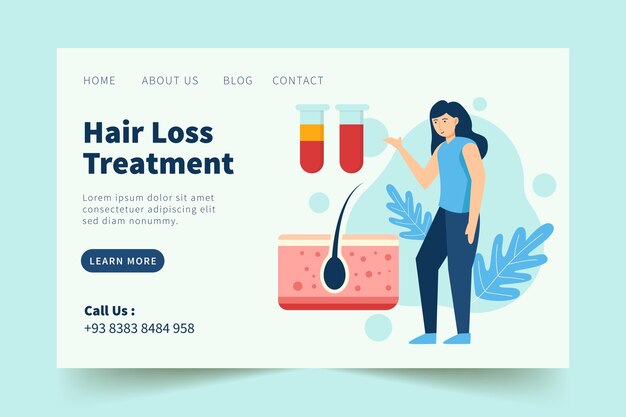
Pregnant women who are healthy should incorporate five essential vitamins into their diet: vitamin D, vitamin B, vitamin C, calcium, and folic acid. While other minerals and vitamins are also important and can be found in foods, there are situations where supplements may be necessary if the body cannot absorb all the nutrients needed for the baby’s development.
Vitamins from Food
Healthy foods fall into four main categories:
– Fruits and vegetables
– Whole grains
– Proteins such as fish, eggs, meat, almonds, and nuts
– Dairy products like cheese, milk, and yogurt
Dairy foods and sea fish are particularly rich in iodine, which is crucial for your baby’s brain development. It’s best to avoid sugary foods and fizzy drinks, as they don’t provide the essential vitamins, proteins, and minerals needed for you and your baby.
Balancing Diet During Pregnancy
Maintaining a balanced diet during pregnancy can be challenging due to symptoms like nausea, which might prevent you from eating as much as you should. Additionally, a busy work schedule can make it hard to have regular meals. In such cases, taking vitamin supplements is recommended.
Pregnancy Supplements
Most supplements contain the right amounts of essential vitamins and minerals needed for your baby’s development. Pregnant women should take one supplement per day and avoid those containing retinol, as it can harm the unborn baby. Look for supplements that include 10 micrograms (mcg) of vitamin D and 400 mcg of folic acid. The following five vitamins are particularly important during pregnancy:
Folic Acid
It’s advised to take a 400 mcg folic acid supplement daily for the first 12 weeks of pregnancy. In addition to the supplement, consume foods rich in folate, such as green vegetables and fortified breakfast cereals and bread. Folic acid is crucial for your baby’s development and helps prevent neural tube defects.
Vitamin D
A daily 10 mcg vitamin D supplement is recommended, as it helps regulate phosphate and calcium levels in the body, which are vital for healthy teeth and bones. There are few foods that naturally contain vitamin D, such as eggs and oily fish, but sunlight exposure is also a good source. However, avoid prolonged sun exposure, especially during hot summer months.
Vitamin B
Known as pyridoxine, vitamin B helps metabolize carbs, proteins, and fats in pregnant women and supports the formation of red blood cells, neurotransmitters, and antibodies. This vitamin is essential for the development of your baby’s nervous system and brain. The daily recommended dosage for pregnant women is 1.9 mg. Only supplement if you are deficient, as vitamin B is available in foods like lean meat, beans, nuts, and fish.
Vitamin C
Also known as ascorbic acid, vitamin C is necessary for wound healing, tissue repair, healthy skin, and bone growth. It boosts the immune system and acts as an antioxidant, protecting cells from damage. During pregnancy, it’s important to include vitamin C in your diet for collagen production, which is vital for the skin, tendons, bones, and cartilage. Additionally, it helps the body absorb iron.
Calcium
Calcium is essential for building your baby’s strong bones and teeth. It also benefits muscles, the heart, and the nervous system. If pregnant women don’t get enough calcium, their bodies will draw it from their bones, which can negatively impact their health over time. Aim for a daily intake of 1,000 mg of calcium, either through diet or supplements.
Other Recommended Supplements
Pregnant women will undergo blood tests to check for any vitamin deficiencies. Iron is crucial during pregnancy since blood volume increases to support the baby’s growth. Consume iron-rich foods like pulses and meat. Pregnancy vitamins are available in pharmacies, supermarkets, and online, but always read labels carefully before purchasing any supplements.
Important Vitamins During Pregnancy
The following vitamins should be considered, although you might not need them all. A complete set of blood tests and a visit to the gynecologist will help you determine if you need additional vitamins:
– Beta carotene and vitamin A
– Vitamin D
– Vitamin E
– Vitamin C
– Vitamin B1
– Vitamin B2 (Riboflavin)
– Vitamin B3 (Niacin)
– Vitamin B6 (Pyridoxine)
– Folic acid
– Calcium
– Iron
– Zinc
Pregnant women should closely monitor their diets. While some vitamins can be obtained from foods, others might require supplementation. Pregnancy can bring about mood swings and food aversions, such as an intolerance to dairy products, which can lead to deficiencies. Consult with your physician before starting any vitamin supplements to ensure proper dosage and necessity.



